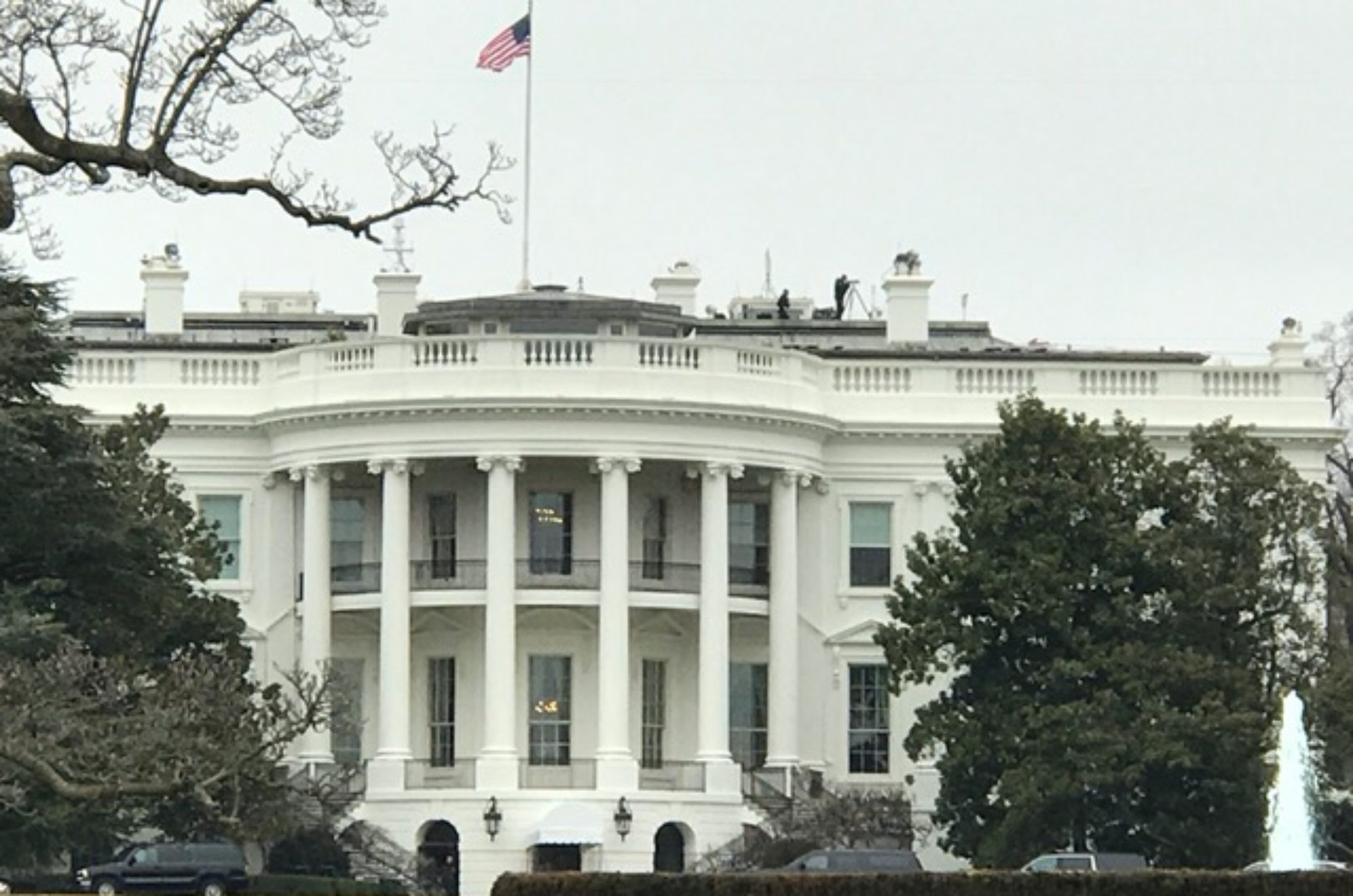By Kate Jones
In a joint press conference in Tokyo, Secretary of State Rex Tillerson and Japanese Foreign Minister Fumio Kishida, today cemented the security ties that bind the US and Japan. The men were tasked to work off of the Summit at Mar-al-Lago between President Trump and Prime Minister Abe, in which North Korea gatecrashed the dinner party with a politically and militarily motivated missile test that splashed down within 200 miles of the Japanese coastline in the Akita prefecture. Prime Minster Abe then met with Tillerson too and in comments prior to the meeting said, “During the meeting with the President…indeed, North Korea fired a missile during that time, and indeed, President Trump stood beside me and said, as a strong message, that he stands with Japan 100 percent.”
Foreign Minister Kishida addressing the joint press conference, said the US had agreed to ‘strengthen’ its presence in Japan, and the countries will hold accelerated 2+2 ministerial meetings. They agreed that North Korean nuclear development and missile testing cannot be condoned and China will play an important role in restraining that development. China is the chair of the Six-Party Talks, a member of the Security Council, and conducts 90% of North Korean trade. A big step forward was taken by China in reaction to the recent tests, punishing trade of North Korea’s number one export, coal.
US and Japan will be challenged to strengthen the critical relationship between China and Japan to pressure North Korea while disputes over Senkaku Islands and East China Seas rock diplomatic boats. The uninhabited Senkaku Islands are part of a territorial dispute between Japan and China. The islands were controlled by Japan since 1895 with a brief interlude of US administration from 1945-1972. Sovereignty over the islands was first challenged in 1970 by China when it emerged that Senkaku may have oil reserves. The US continues to back Japanese ownership.
Secretary Tillerson said the countries would cooperate on a “rules-based approach to maritime governance and trilateral American, Japanese, South Korean cooperation in the face-off with North Korea. Secretary Tillerson expressed a desire for peace but called on North Korea “to abandon its nuclear ballistic missile program and refrain from further provocations” reiterating the US President’s unwavering commitment to the defense of Japan. He stated that over 20 years of diplomatic attempts to denuclearise North Korea have failed, including a generous $1.35 billion humanitarian aid package that was sent. In light of this, a new trilateral approach is to come. Minister Kishida said more than 20 ballistic missiles have been launched by North Korea and this year they twice conducted ‘nuclear experiments.’ Asked about the rocky relationship between Japan and the Republic of Korea over the “comfort women” issue, Tillerson answered that while he appreciates the painful history, the US supports the Japan-ROK agreement. Foreign Minister Kiishida called the Japan-US-ROK partnership ‘indespensible’ and emphasized the importance of implementing the Japan-ROK agreement.
The ‘comfort women’ were allegedly sexually enslaved and exploited by Japanese troops in WWII. When the Japan-ROK agreement was signed December 2015, Japan apologised, and agreed to compensation for the suffering of the women. However, the agreement is opposed by ROK because the parties failed to agree on the root cause of the ‘comfort women.’ The South Koreans say the women were forcibly enslaved to be sexually exploited by Japanese troops while the Japanese cite a lack of evidence that they were forcibly recruited.
The US Japan and talked about Okinawa where 54,000 US troops are based, a pebble in the shoe of US-Japanese relations. Kisheda gently suggested he reproached the US visible impact, but nothing more. He also suggested relocating Futemna Air Station to Heneko on the coast from the densely populated current location in Ginowan, a NIMBY issue.
Abductions of Japanese citizens by North Korean agents were mentioned by Kisheda as a challenge to Japan’s sovereignty. The North Korean daylight street snatching program started in the late 70’s. Pyongyang has admitted to only 13 abductions. Japan says the real number is 886. The random abductions took place between ’77-’83, Japan wants to know what happened to its people and bring home those that can be found.
